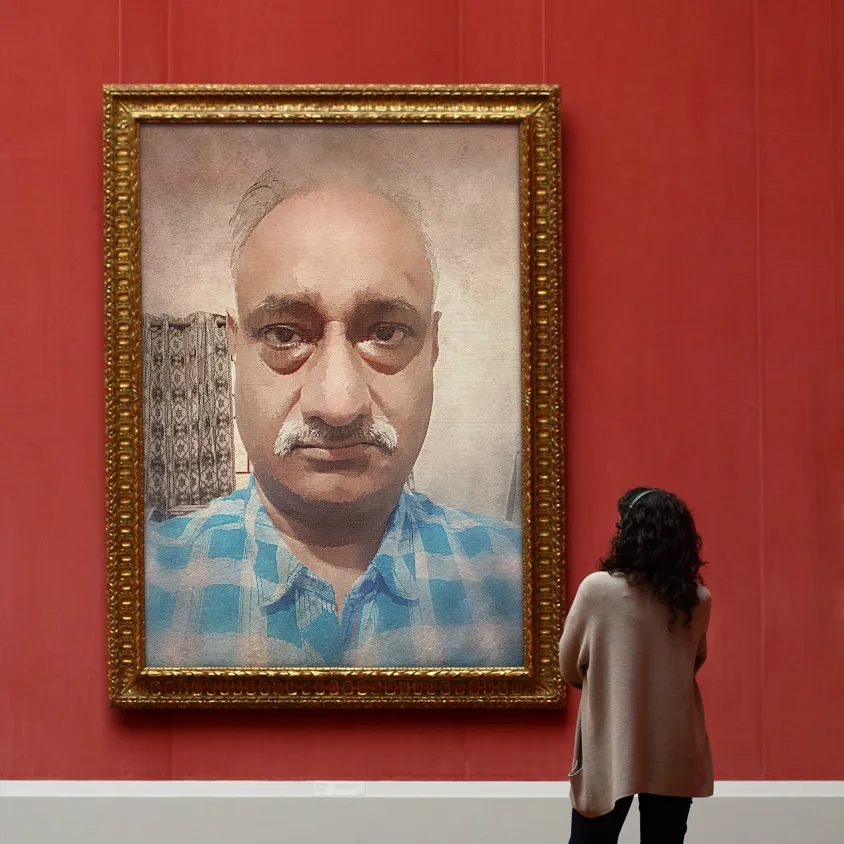harlem renaissance,harlem,harlem renaissance writers,the harlem renaissance,history of the harlem renaissance,harlem renaissance art,harlem renaissance (art period/movement),harlem renaissance documentary,the harlem renaissance documentary,what happened during the harlem renaissance?,what is the harlem renaissance,harlem renaissance literature,harlem renaissance poetry,harlem renaissance jazz,harlem renaissance exhibit cma,harlem renaissance centennial
Show More Show Less View Video Transcript
0:00
foreign
0:06
[Music]
0:11
exploring the literary Legacy of Harlem
0:15
the Harlem Renaissance a cultural and
0:17
artistic movement that flourished in
0:19
Harlem New York during the 1920s and
0:21
1930s remains a significant chapter in
0:24
African-American history it was a time
0:26
of immense creativity and cultural
0:28
expression with literature playing a
0:31
vital role in capturing the spirit of
0:33
the era in this article we will delve
0:35
into the literary Legacy of the Harlem
0:37
Renaissance and explore the influential
0:40
authors and enduring impact of their
0:42
works
0:43
at the heart of the Harlem Renaissance
0:45
was a desire for African Americans to
0:48
reclaim their cultural identity and
0:50
challenge the prevailing stereotypes and
0:52
prejudices of the time
0:54
Harlem became a vibrant Hub of
0:56
intellectual and artistic activity
0:58
attracting talented individuals from
1:01
diverse backgrounds who sought to
1:03
explore and celebrate the richness of
1:06
Black Culture
1:07
one of the defining features of the
1:09
Harlem Renaissance was its literary
1:11
output
1:12
African-American writers of the era both
1:15
established and emerging made
1:17
significant contributions to the
1:19
literary World using their words to
1:21
illuminate the African-American
1:23
experience and advocate for social and
1:25
political change
1:27
Langston Hughes often referred to as the
1:30
poet laureate of Harlem emerged as one
1:33
of the central figures of the movement
1:34
his poetry deeply rooted in The rhythms
1:38
and language of the African-American
1:39
Community celebrated the beauty and
1:41
resilience of black life
1:43
Hughes captured the aspirations
1:45
struggles and dreams of African
1:47
Americans in poems such as the weary
1:50
blues and Harlem providing a powerful
1:52
voice to the collective consciousness of
1:54
the era Zora Neil Hurston another
1:57
prominent figure of the Harlem
1:59
Renaissance brought forth the
2:01
experiences of black women through her
2:03
novel Their Eyes Were Watching God
2:06
hurston's work explored themes of
2:08
self-discovery identity and the Quest
2:11
for Independence her writing not only
2:13
depicted the joys and Sorrows of black
2:15
women but also challenged societal
2:18
expectations Paving the way for future
2:20
generations of African-American women
2:22
writers
2:23
Claude Mckay a jamaican-born poet and
2:26
novelist contributed to the Harlem
2:28
Renaissance with his poignant verses and
2:30
politically charged works
2:32
his poem If We Must Die spoke of
2:35
resistance and Defiance in the face of
2:36
racial oppression while Harlem Shadows
2:39
delved into the complexities of urban
2:41
life and the struggles faced by African
2:43
Americans in the city
2:45
McKay's writings embodied the spirit of
2:47
protest and activism that characterized
2:49
the movement alongside these influential
2:52
figures countless other writers emerged
2:54
during the Harlem Renaissance each with
2:56
their unique perspectives and
2:58
contributions
2:59
Gene tumor's novel Kane explored the
3:03
complexity of African-American identity
3:04
through a fusion of poetry and prose
3:07
while Nella Larson's novels such as
3:09
quicksand and passing delved into themes
3:12
of race colorism and the search for
3:14
belonging the impact of Harlem
3:16
literature extends far beyond the
3:18
boundaries of the Renaissance Era The
3:20
Works produced during this period
3:22
inspired and influenced future
3:24
generations of African-American writers
3:26
shaping the literary landscape for years
3:28
to come
3:29
the Harlem Renaissance provided a
3:31
platform for marginalized voices opening
3:34
doors for African-American authors to
3:36
tell their stories challenge stereotypes
3:39
and assert their rightful place in
3:41
American literature
3:43
moreover the legacy of Harlem literature
3:45
extends beyond the confines of the
3:48
African-American Community the writings
3:50
of Harlem renaissance authors captivated
3:52
readers worldwide fostering a deeper
3:55
understanding of the African-American
3:57
experience and initiating conversations
3:59
about race identity and social justice
4:03
The Works became a powerful tool for
4:05
promoting dialogue and challenging
4:07
prevailing narratives contributing to
4:09
broader discussions on equality and
4:11
civil rights
4:12
today the works of Harlem renaissance
4:14
authors continue to resonate with
4:16
readers of all backgrounds
4:18
their enduring relevance lies in their
4:20
ability to capture the complexities of
4:22
The Human Experience and shed light on
4:24
universal themes of identity belonging
4:27
and the pursuit of Justice
4:30
the literature of the Harlem Renaissance
4:32
stands as a testament to the power of
4:34
art to challenge societal Norms provoke
4:37
thought and Foster understanding
4:40
in conclusion the Harlem Renaissance was
4:42
a transformative period in
4:44
African-American history and its
4:46
literary Legacy remains influential to
4:48
this day the writings of Langston Hughes
4:51
Zora Neil Hurston Claude Mckay and many
4:54
others provide an invaluable window into
4:56
the experiences and aspirations of
4:58
African Americans during a time of
5:00
immense cultural and artistic growth the
5:03
Harlem Renaissance not only created
5:04
space for African-American writers to
5:06
thrive but also sparked a cultural
5:09
Renaissance that continues to resonate
5:11
and Inspire generations to come
5:13
thanks for watching our channel for more
5:16
videos kindly subscribe
5:17
[Music]
5:31
yeah
5:33
thank you
#Poetry
#Discrimination & Identity Relations


